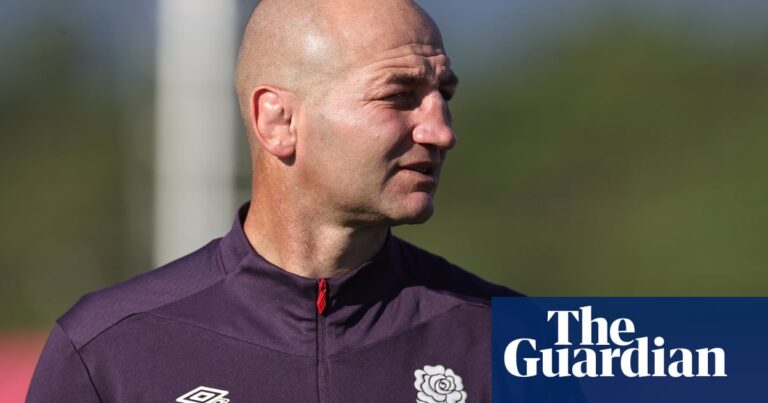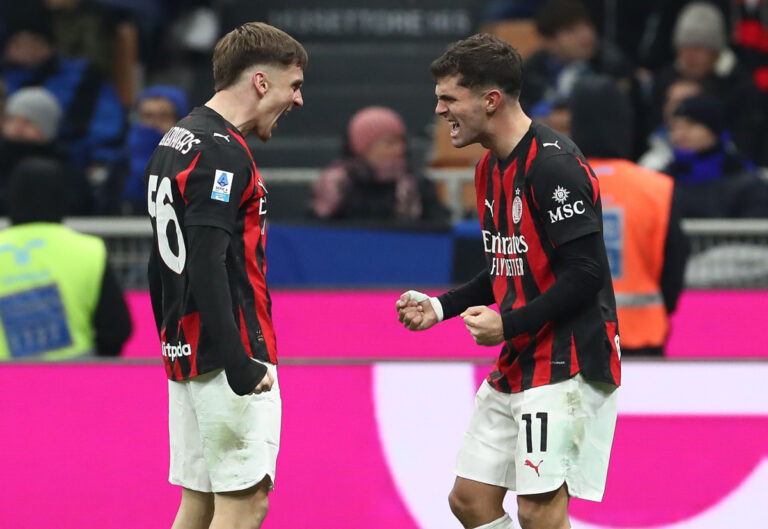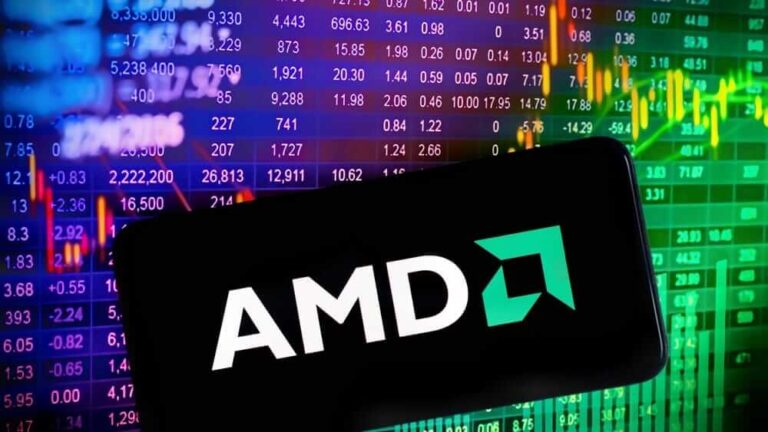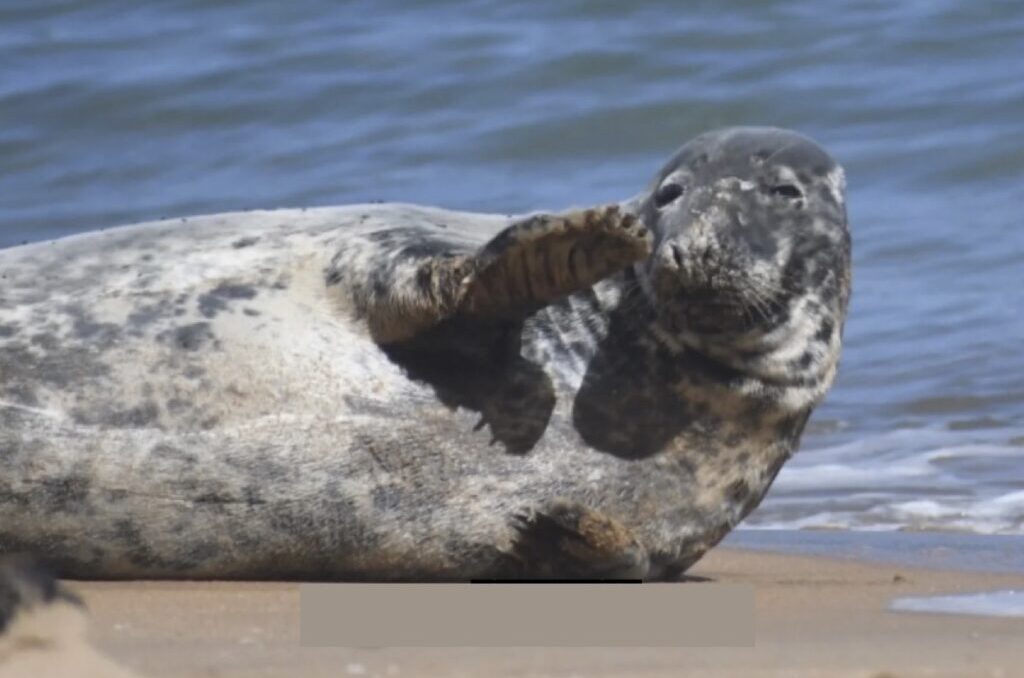
As Tadej Pojacar stood on the Champs-Élysées podium, celebrating his fourth victory in the Tour de France, the man who led British cyclists to multiple yellow jerseys and numerous Olympic gold medals had already flown home to Monaco.
Not that long ago, a Dave Brailsford-led success in the Tour de France was almost routine. From 2012 to 2019 when riders from Team Sky, and later Ineos, won seven titles in eight years, Brailsford was at the heart of it all.
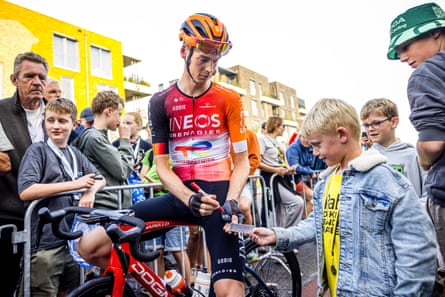
But one thing that Brailsford made clear as this year’s Tour began was that he didn’t want to talk about doping. And for three weeks, he was as good as his word. In fact, it turned out, he didn’t want to talk on the record at all.
Meanwhile, his team’s communications on the Rozman allegations adhered to a now-familiar script stating that the team had “acted responsibly and with due process”, while rolling out another well-worn line reiterating their commitment to “its zero-tolerance policy”.
Three weeks is a long time at the Tour de France. For a man who used to love holding court, expounding his theories of marginal gains, it’s also a long time to keep stumm. It now feels an age since Brailsford’s comeback to the race, after his troubled sojourn at Manchester United, was hailed by his colleagues as a masterstroke.
“We have welcomed him back with open arms,” the team’s chief executive, Johan Allert, said on the eve of the race. “He’s a not-so-secret weapon for us to use. It’s great to have him back.”
The sports director, Zak Dempster, said: “We all love having him back and feel honoured that he’s here.”
His initial comments – off record – outside the team bus in Bayeux, reflected his long absence from the Tour. There was a lot of catching up to do, he insisted, but he would be happy to talk later in the race. Yet despite multiple attempts by the Guardian to arrange an interview, he has declined to speak publicly.
Even the team’s success on this Tour has been clouded by the past; Thymen Arensman’s first stage win in the Pyrenees was followed by the 25-year-old being asked awkward questions about his knowledge of the Rozman allegations that dated back to when he was 13.
“I don’t really know to be honest, you’ll have to ask management,” he said.
Even then, Brailsford still declined to go on record. Attempts by the Guardian to persuade him to comment, in Bayeux, Montpellier, Valence and even on the penultimate evening of the race, did not succeed. But then the 61-year-old has seemed diminished during this year’s Tour, unsure of himself.
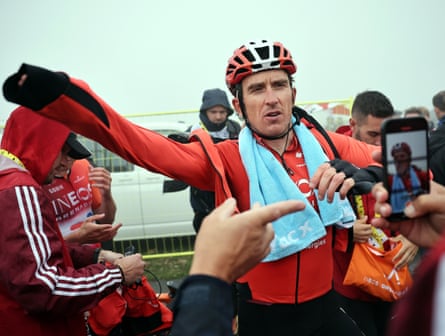
Team Sky, Ineos, Wiggins and Froome have consistently denied any wrongdoing. However, in the context of what we were told by Brailsford before any of the questions around the team’s ethics arose of his core beliefs in winning clean, of transparency, of accountability, and of course, of zero tolerance, the latest allegations against Rozman raise further questions over his stewardship.
Brailsford remains a director at Manchester United, and the head of Ineos Sport. Despite the investigation into Rozman, he is understood to be defiant, insisting all possible vetting procedures and ethical practices were in place.
The Tour has now ended and the spotlight moved on. The questions, however, will not. On the road, despite Arensman’s two stage wins, the problems within Jim Ratcliffe’s cycling franchise remain, just as much as they do within Old Trafford.
A lack of identity and direction and an inability to challenge in Grand Tour racing in the age of Pogacar have now taken hold. Ineos Grenadiers are as far away from winning the Tour as they have ever been.
Geraint Thomas, the team’s last athletic connection with the days of British Cycling and Team Sky, will retire in September. Brailsford needs a marquee name to replace him. Having failed to secure the Olympic champion Remco Evenepoel, he will need to look elsewhere. An unhappy Jonas Vingegaard might be a good place to start.

